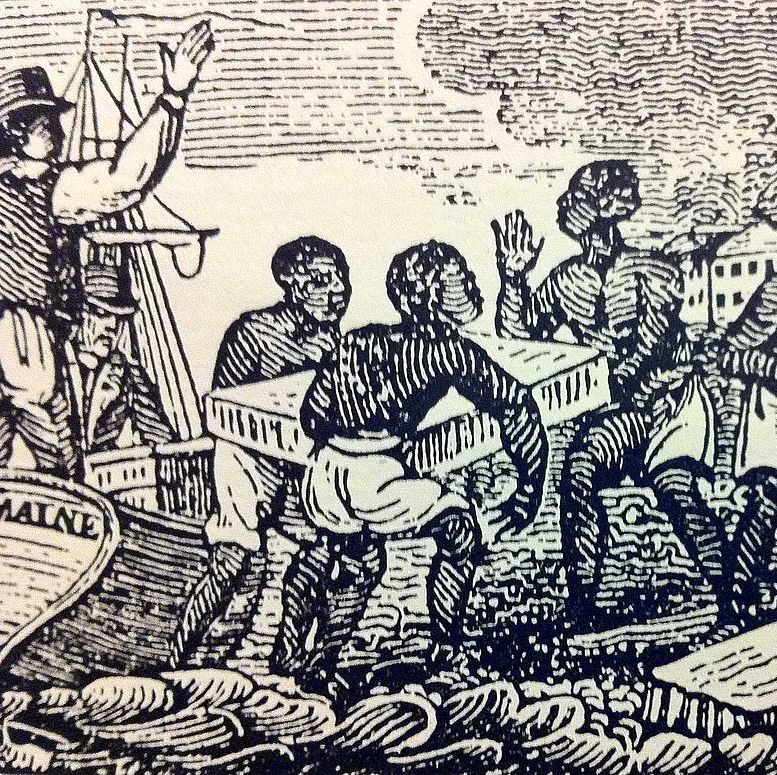Introduction
The sin of racism runs deep, especially in modern day American culture. Sadly, racism has stained the history of the Church and is even harbored by some denominations today. However, there is simply no excuse for a consistent, Biblical Christian to be racist. From a general perspective, Christians are called to personally love and serve all people – even people that are explicitly hostile to the message of Jesus. This alone leaves no room for racism; however, there are many examples in Scripture where the topic is explicitly addressed. Here is a small sample – two from the Old Testament and two from the New Testament.
Moses and Zipporah
The prophet Moses married a Cushite woman named Zipporah. A Cushite is a descendant of Cush, who was a son of Ham. Other passages in Scripture allude to Cushites having a different appearance than the other Hebrew peoples (e.g. Jeremiah 13:23). In Numbers chapter 12, Miriam and Aaron spoke bad about Moses on account of the fact that he married a Cushite. In response, God called them to the tent of meeting and reprimanded them. Miriam was cursed with leprosy and had to remain outside of the camp for seven days.
Jonah and the Ninevites
The prophet Jonah is called by God to warn the people of Nineveh of impending judgement. Jonah flees to Tarshish, but, God forces Jonah to go. Many people interpret Jonah’s motives as laziness; in reality, Jonah was a racist and hated the Ninevites. It angered him that God did not destroy the city as described in Jonah 4.
Please Lord, was not this what I said while I was still in my own country? Therefore in order to forestall this I fled to Tarshish, for I knew that You are a gracious and compassionate God, slow to anger and abundant in lovingkindness, and one who relents concerning calamity.
– Jonah 4:3
Yet, God rebukes Jonah, saying that He alone reserves the right to have compassion on who He wills.
St. Paul and Ephesus
The apostle Paul in his letter to the Ephesians powerfully proclaims that the radical unity Christ brings leaves no room for racial hostility. Speaking of the unity between Jews and Gentiles:
Now in Christ Jesus you who formerly were far off have been brought near by the blood of Christ. For He Himself is our peace, who made both groups into one and broke down the barrier of the dividing wall, by abolishing in His flesh the enmity, which is the Law of commandments contained in ordinances, so that in Himself He might make the two into one new man, thus establishing peace, and might reconcile them both in one body to God through the cross, by it having put to death the enmity. And He came and preached peace to you who were far away, and peace to those who were near; for through Him we both have our access in one Spirit to the Father. So then you are no longer strangers and aliens, but you are fellow citizens with the saints, and are of God’s household, having been built on the foundation of the apostles and prophets, Christ Jesus Himself being the corner stone, in whom the whole building, being fitted together, is growing into a holy temple in the Lord, in whom you also are being built together into a dwelling of God in the Spirit.
– Ephesians 2:13-22
St. John and the Kingdom of Heaven
Finally, in the book of Revelation, the apostle John tells of a magnificent vision in which the elect from all ethnicities sing united their praises to God
I looked, and behold, a great multitude which no one could count, from every nation and all tribes and peoples and tongues, standing before the throne and before the Lamb, clothed in white robes, and palm branches were in their hands; and they cry out with a loud voice, saying,
“Salvation to our God who sits on the throne, and to the Lamb!”
– Revelation 7:9-10
Takeaways
Notice how these verses are not merely descriptions of the way things were in the past but are additionally prescriptions for how the people of God ought to conduct themselves. The Gospel message teaches that all Christians have their primary identity in Christ. Christians should recognize the genuine struggle still faced today by racial minorities. We ought to take a Gospel-centered approach leading the fight to combat racism harbored in the broader culture and the Church. This does not mean we should paper over cultural and other ethnic distinctions with meaningless platitudes like “Jesus is colorblind”. Those of us, like myself, who are usually categorized as in the racial majority can have a more difficult time seeing the pain that remains from the errors of the past. Only the love of Christ and an equality grounded in his redeeming work can truly bring healing.





